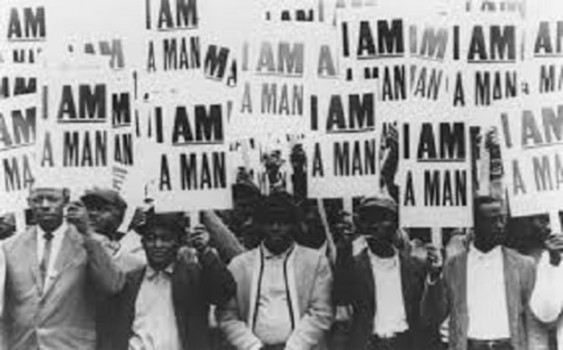
Years ago, my elder daughter Sari, now a creative professional in New York, found herself once again treated like a vassal while working in the highly-pressurized, grueling environment of the city’s restaurants. Never one to shun hard labor and long hours, she and her fellow servers routinely steeled themselves against the often dismissive, arrogant, and boorish attitudes of their customers.
We have lost touch with the humanity of those who service us.
The elitist conduct of her patrons, too-often alcohol-driven and underwritten by entitlement, sometimes made my daughter and her colleagues feel less-than-human and invisible. The tips were frequently meager or just withheld. People came, indulged, made a lot of noise, insulted the servers with insolence and impatience, and then departed the establishment, leaving behind a trail of their excesses and bravado.
In general, we have lost touch with the humanity of those who service us. This condescending droop is exacerbated by the vile, unmannerly tone of this presidential campaign. Workers are people—they have pride, families, dreams, heartaches, fears, bills, and they certainly have tired feet. They frequently have intolerant bosses, limited—if any—health care, and they sure don’t possess job security.
On one occasion, a snooty millennial from “the suburbs” was so impatient, insensitive, and truculent that he reduced my daughter to a feeling of humiliation and degradation. She called me and told me about it, hurting, struggling with a damaged self-esteem. She understood that her plight was not unique but this time, it had just gotten to her. Then she added, “The only thing that helps is how you taught us from when we were little kids that every working person has dignity.”
If I did this, then it was the product of something learned along the way via my own work and scholarship; it was certainly good to hear. (Few people know, for example, that Martin Luther King Jr. was murdered in Memphis, Tenn. while trying to help some sanitation workers get clean uniforms, some basic benefits, and a 10 cent per hour raise.)
But this is neither about my daughter nor about the special travails of the civil rights movement. This is about a basic moral obligation, an attribute of decency, a new understanding that must become part of the body-psyche of this nation of too many veiled, voiceless, human beings and too much anonymous suffering.
It just so happens that any interaction between a patron and a worker, in any situation, is more than an economic transaction. It is the intersection between two fates that are both born of God’s creation: hotel maid/ guest; car rental clerk/ renter; cashier/ buyer; flight attendant/ passenger; nurse/patient; mechanic/ driver; postal worker/ resident; ticket-dispenser/ moviegoer; gardener/ homeowner. The list is as long as the things we need or just covet —human hands are dispensing goods and services and lifting, carrying, taking commands, fielding complaints, or just suffering transferred anger and/or dysfunction.
In my opinion, the client or customer or consumer in any given situation is absolutely responsible for 50% of the karma that defines the moment. It’s okay to smile and actually welcome someone who is about to feed you, heal you, make your car run, trim your nails, clean your place, or make your cable/Internet apparatus run. It’s more than okay to acknowledge their hard work and transmit a modicum of respect and honor. Their lives are harder than yours and what these fine working folks are doing is making yours easier.
Cross-posted from Spirit Behind the News
















